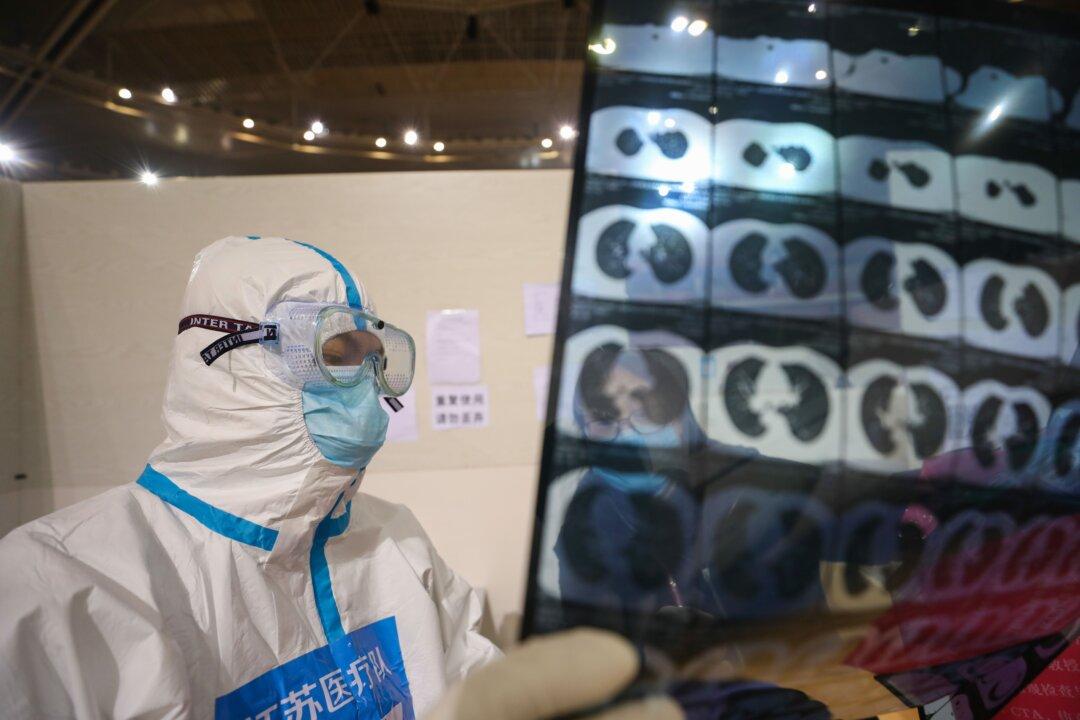China’s Hubei Province, epicenter of the CCP virus outbreak, on March 24 announced it will lift travel restrictions on people leaving the region.
The move came amid a five-day period from March 19 to March 23 where China’s National Health Commission reported no new infections of the CCP virus in Wuhan, where the virus originated.





